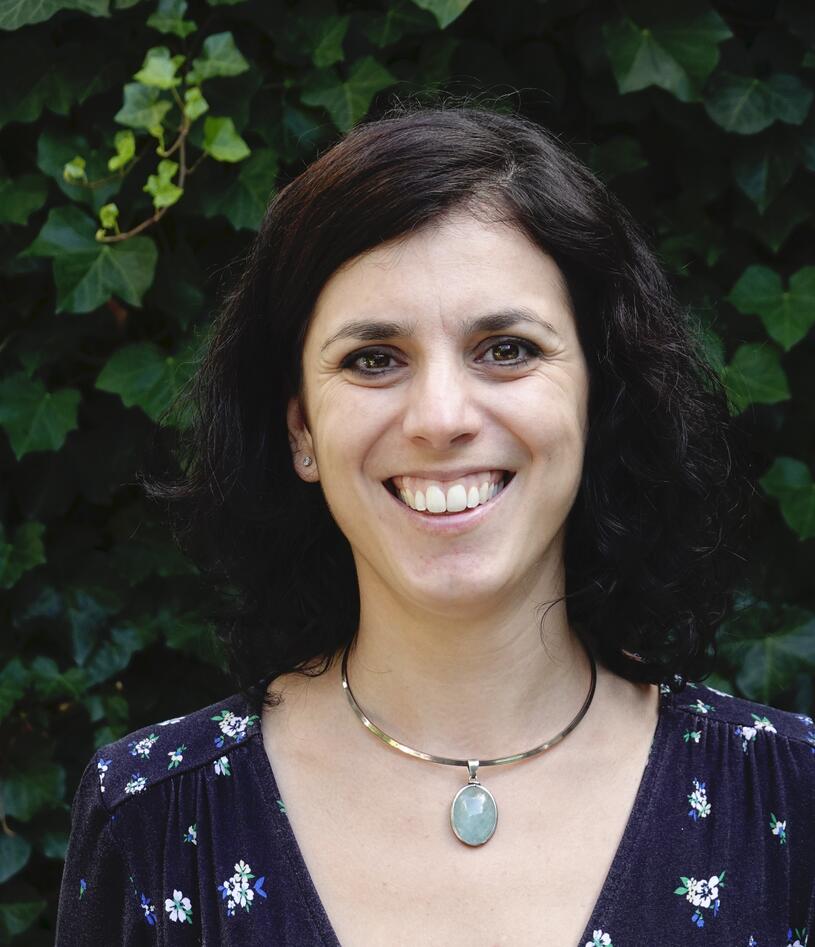Matilde Galli, Hubrecht Institute, the Netherlands
Matilde Galli, Group Leader of the Cell Cycle Regulation lab at the Hubrecht Institute, will present her talk: "Regulation and function of developmentally controlled polyploidization"
Main content

Polyploid cells, which contain more than two sets of chromosomes, are widely present within many organs of animal and plant species. Here, polyploidization occurs as part of a developmental program, where alternative cell cycles give rise to either mononucleated or multinucleated somatic cells with increased DNA content. In our group, we're interested in understanding how cells transition to alternative cell cycles during development, as well as understanding what the consequences are of polyploidization at the cellular and organism-wide level. To study these questions, we make use of the model organism C. elegans, in which intestinal cells undergo polyploidization cycles at defined moments in development. Using imaging and sequencing based approaches, we are starting to understand how intestinal cells are modifying their cell cycles during development to become polyploid. Furthermore, we have developed tools to manipulate intestinal cell cycles, allowing us to study the cellular and organism-wide consequences of polyploidization. Together, this work will deepen our knowledge on the regulation and function of polyploidy in animal development.
Dr. Matilde Galli's research group.
